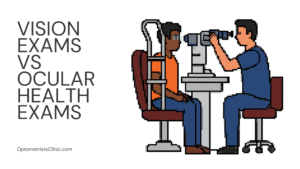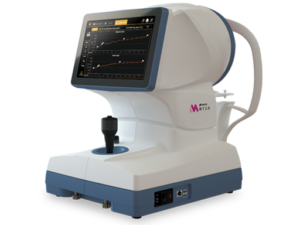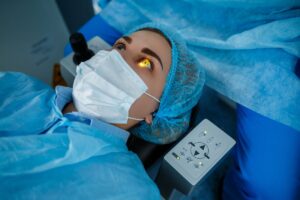Comprehensive Eye Exams in the Edmonton Area
Regular eye exams are a must for maintaining your ocular health! We advise everyone in Edmonton to have their eyes checked often. At Optometrists’ Clinic Inc, our team is happy to offer checkups to patients of all ages. Every eye exam we provide is comprehensive, and involves scanning for health complications as well as ensuring that your vision is clear.
Call us today to book an appointment at one of our five eye care centres in Edmonton and the surrounding area! We have clinics in Edmonton, Leduc and Westlock.
New to our clinic? Fill out our new patient form to get started!
What can you expect during your eye exam?
General Exams
At Optometrists Clinic Inc, we offer general eye exams to patients of all ages in Greater Edmonton. Our eye doctors provide comprehensive general eye exams to patients of all ages in the Edmonton area!
Pediatric Exams
Senior Eye Exams
Seeing clearly is critical at any age, especially as you age. That’s why Optometrists’ Clinic Inc. provides comprehensive eye care for seniors. Seniors 65 and older in Alberta are eligible for routine and medical eye exams, covered by the Alberta Health Care Insurance Plan (AHCIP). This means you can prioritize your eye health without worrying about the cost.
Ocular Health
Ocular health is the examination and assessment of all of the structures in and around the eyes to determine overall health and diagnose eye disease. Ocular health is thoroughly assessed at every full eye exam at Optometrists’ Clinic Inc.
Optical Coherence Tomography Exams
Visual Field Test
Visual field testing is a valuable diagnostic tool that helps detect potential problems with your peripheral vision, allowing for early intervention and treatment. At Optometrists’ Clinic Inc., we offer visual field screening as part of our comprehensive eye care services. We use the most advanced testing equipment and techniques to ensure a swift diagnosis.
Emergency Eye Care
If you have sudden vision problems or other eye-related distress, you may wonder whether to take immediate action. Your eyesight is incredibly valuable, so you should address any issues that could jeopardize it right away to avoid any further harm. If you’re experiencing an emergency such as persistent or sudden eye pain, contact The Optometrists’ Clinic Inc. in Edmonton, Leduc, or Westlock immediately.
Diabetic Eye Exams

New patients are welcome!
we need a little information about your medical history. We made it easy for you – start the process online!
Visit us today for clearer vision and healthier eyes
Optometrists’ Clinic Inc. offers general, pediatric and diabetic eye exams at five convenient locations in Edmonton, Leduc and Westlock. We also provide a wide range of eye care solutions including prescription eyeglasses, contact lenses, sunglasses, eye drops and more.
When you visit any of our locations, our optometrists will determine and treat any vision problems you or your family might have.
Don’t wait any longer to diagnose and treat problems – contact us today to book your visual field test at one of our clinics in Edmonton, Westlock or Leduc.
Ask us anything
Why are regular eye exams important?
It’s a common misconception that you only need to get your eyes checked if you notice a problem with your vision. The reality is that eye exams are a crucial part of ocular care. Vision changes often tend to be gradual and, without regular eye exams, can go unnoticed until the damage is severe and possibly irreversible.
For children, regular pediatric eye exams will help ensure that eye development is normal and that the eyes are healthy. Checkups will also result in identifying vision issues and can consequently help prevent learning difficulties.
Among older adults, eye exams are critical for detecting cataracts, age-related macular degeneration and glaucoma.
In addition to identifying ocular issues, routine eye exams can reveal serious underlying health problems such as high blood pressure, heart disease, diabetes and brain tumours. They can also be used to check for allergies, infections and more.
What conditions can an eye exam detect?
Refractive errors (which include myopia, hyperopia, astigmatism and presbyopia) Retinal detachments (which needs to be treated quickly to avoid permanent damage) Amblyopia (which is the most common cause of vision impairment in children) Glaucoma (which is a group of diseases that severely damage the optic nerve) Age-related macular degeneration (which causes blurry vision and vision loss) Cataracts (which clouds the eye’s lens and is the leading cause of blindness) Diabetic retinopathy (which is a common complication of diabetes) The results of your eye exam will allow your optometrist to prescribe an effective treatment to improve your vision or minimize (and possibly reverse) the damage caused by an eye disease.
How often should you get your eyes checked?
Regular eye exams are essential to the early detection and effective treatment of various eye conditions and diseases. While several factors can influence the frequency of these checkups, here are some general guidelines that our Edmonton clinic recommends:
Infants should have their first eye exam between the ages of six and nine months.
Children should have at least one comprehensive eye exam by the age of three.
School-age children and teenagers should have their eyes examined annually.
Healthy adults under the age of 65 should have an eye exam every two years.
Seniors (aged 65 years or older) should have their eyes examined every year.
Since these are just guidelines, we advise that you speak with your optometrist to create an eye exam schedule that suits your specific ocular health needs.
What are all the different tests you're doing?
Here are a few common components of a general eye exam, which usually takes about 20 minutes to complete.
- Visual acuity test. This test is used to assess the sharpness of your vision. Typically, an optometrist will ask you to read the letters on an eye chart to evaluate your ability to discern shapes and details at a certain distance.
- Refraction test. This test is used to determine the type of corrective lenses you need if a visual acuity test indicates that you don’t have 20/20 vision. You’ll look at an eye chart through various lenses to identify the option that offers the clearest vision.
- Colour vision test. This test is used to detect colour blindness, which is an inability to distinguish some or all colours. For this assessment, you will be shown a series of multicoloured dot patterns and asked to identify the symbol within the pattern.
- Slit lamp exam. This test is used to look for structural abnormalities and other signs of eye disease. An optometrist will use a bright light and microscope to examine the cornea, iris, retina, optic nerve and other structures in each eye.
- Visual field test. This test is used to assess your peripheral vision and detect blind spots. You’ll be asked to look into a machine, focus on a dot of light directly in front of you and press a button whenever you see a flash of light in your peripheral vision.
- Eye pressure test. This test is used to measure the pressure created by fluid inside the eye. Typically, a specialized tool is used to send a puff of air into your eye. High intraocular pressure is a warning sign of glaucoma, which damages the optic nerve.
- Binocular vision test. Testing to ensure that both eyes are working well together as well as looking for anomalies such as strabismus.
- Optomap. A sophisticated camera that can image the entire retina.
- OCT. An advanced laser imaging tool used to diagnose and monitor conditions such as glaucoma, age related macular degeneration (AMD) and diabetes.
Learn More About Eye Exams

Vision Exams vs. Ocular Health Exams:
What Every Albertan Should Know When was the last time you had your eyes examined? If you’re like many Albertans, you might be unclear about what type of eye exam

Our New Topcon MYAH Machine for Myopia Management!
Introducing the Topcon MYAH: A New Era in Myopia Control at The Optometrists’ Clinic At The Optometrists’ Clinic, we’re proud to stay at the forefront of eye care technology—and our

Understanding the Latest Advances in LASIK Eye Surgery
First implemented in the 1980s, LASIK surgery has since been regarded as an effective permanent vision correction solution for those with sight problems. However, it was not until recently that
Book your eye exam with The Optometrists' Clinic today!
We invite you to get in touch, so that we can support you & give you the tools and knowledge you need to care for or improve your vision!
